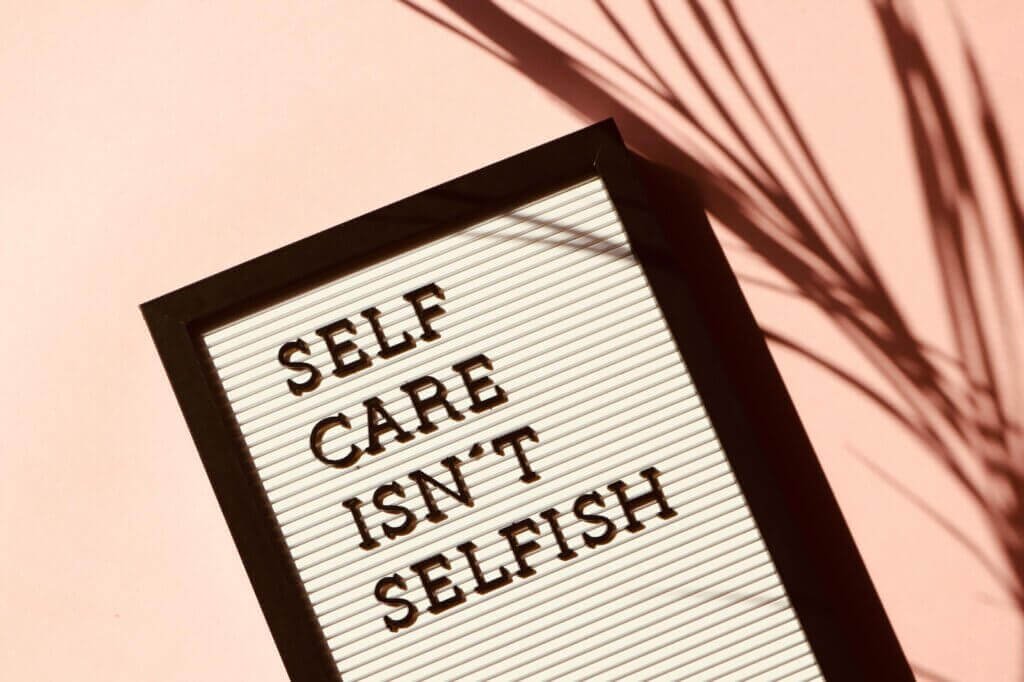The world needs to turn towards algae; the perfect alternative. According to the Food and Agriculture Organization of the United Nations, the world is said to lose up to 250 million crop production acres by 2050 due to soil degradation, climate change, and urbanization.
Also, there are factors that affect raising livestock like climate change, maintenance costs, and access to water.
As humans increase in population the need for food will also increase. However, research shows we are quickly running short on farmable land and a new alternative is necessary.
As people need to eat to survive, researchers are now looking for alternative food options that are more sustainable, yet still provide the nutrition people require to thrive.
For decades now, scientists have been telling the world we are starting to run out of land to grow crops and raise farm animals, causing future food concerns. Making researchers look for new ways of growing nutritious foods to replace the ones whose cultivation is no longer as sustainable. One of these is algae.
For these reasons, some scientists believe algaeTrusted Source may be the answer.
READ MORE: 5 Profitable Creative Business Ideas In Nigeria
What makes algae a perfect alternative?
According to Dr. Stephen Mayfield, a professor of biology at the University of California, San Diego, director of the California Center for Algae Biotechnology, and senior author of the study “Developing Algae as a Sustainable Food Source,” algae are, biochemically speaking, a superfood.
That is because of their high content of protein, essential fatty acids, minerals, and vitamins.
“Part of that is because algae [don’t] have to have stems, roots, or branches to hold [themselves] up, so [they] dedicate all of [their] energy to making more protein, fatty acids, etc., rather than cellulose,” Dr. Mayfield explained.
“It is one of the oldest plant foods in the world,” Dr. William Sears, pediatric and family medicine practitioner and author of The Healthy Brain Book told Medical News Today.
There are thousands of species of algae and each one produces lots of healthy nutrients we all need, but most of us don’t eat enough of [them],” he noted. “[They are] a rich source of B vitamins, vitamin K, iron, magnesium, calcium, iodine, and more.”
“The root cause of many illnesses is oxidation — wear and tear on the body,” said Dr. Sears. “Algae [are] rich in antioxidants. Many different microalgae species are rich sources of different antioxidants.”
“Only a small fraction of algae species have been consumed by humans, but those are well known for their nutrient density and quality,” added Aletta Mayorga, head of research and development at the pregnancy nutrition company Needed.



Pingback: Nigeria restricts movements in States | Nays News TV
Pingback: Apply For Connaught International Scholarship | Nays Blog